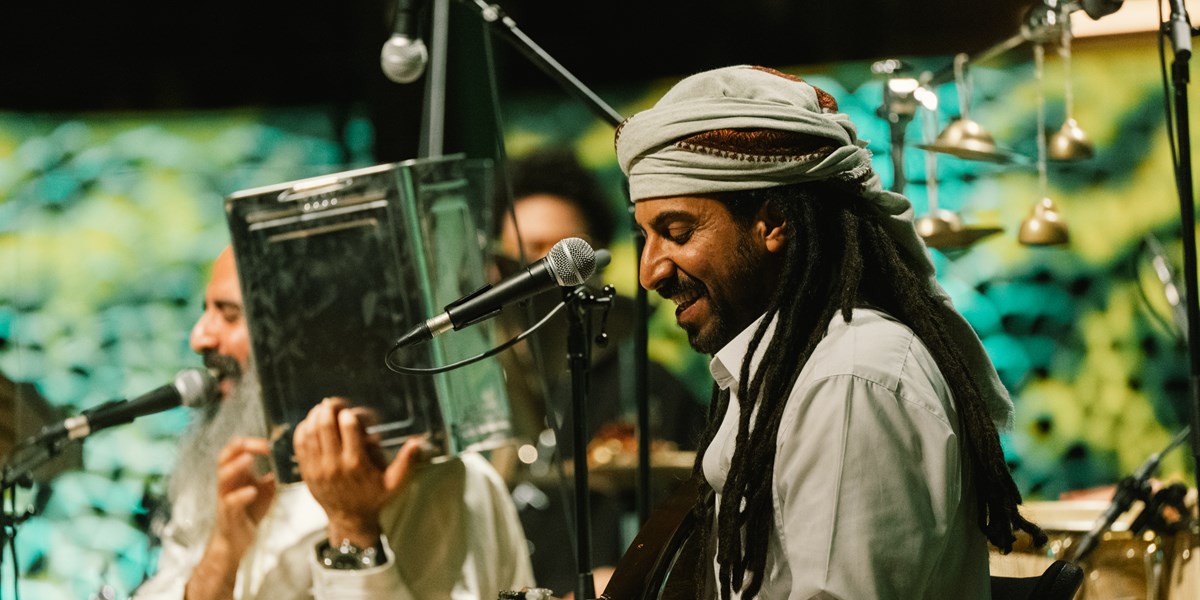Friday, April 5, 2024
Sufi and Jewish Music Nights, Hamburg, March 16 & 19
Sufi and Jewish Music Nights take over the towering Elbphilharmonie concert hall in Hamburg

Voices of Yemen © Daniel Dittus

Register now to continue reading

Thanks for visiting the Songlines website, your guide to an extraordinary world of music and culture. Sign up for a free account now to enjoy:
- Free access to 2 subscriber-only articles and album reviews every month
- Unlimited access to our news and awards pages
- Our regular email newsletters


